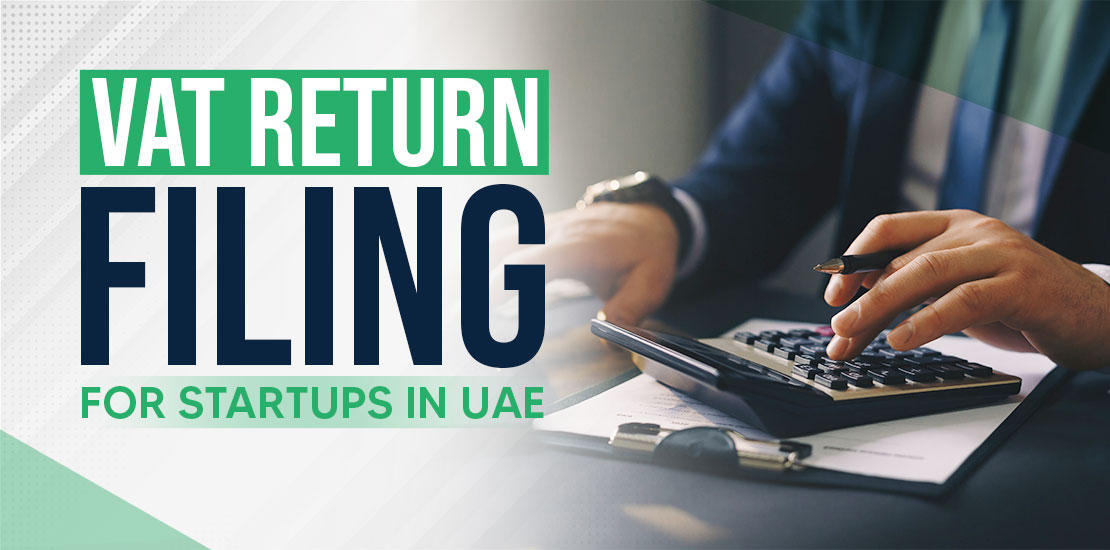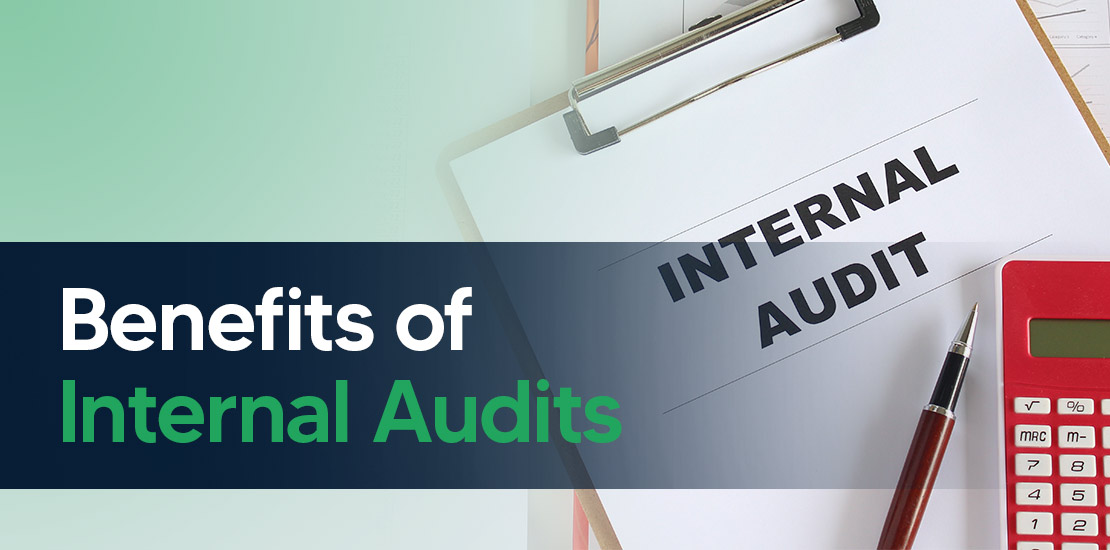Table of Contents
- What is VAT Return Filing in the UAE?
- When to File VAT Returns in the UAE?
- VAT Registration Requirements for Startups in UAE
- Understanding Taxable Supplies
- VAT Registration Thresholds for Startups
- Key Documents for VAT Registration
- Why Early VAT Registration Matters
- Step-by-Step VAT Registration & Filing Guide for Startups in UAE
- What is the VAT rate structure in UAE?
- Advantages of Registering for VAT as a Startup
- Common VAT Mistakes Startups Should Avoid
- Streamline Your VAT Returns with Shuraa Tax!
Filing VAT Returns for Startups doesn’t have to be a complicated or stressful process. Yet, many new entrepreneurs in the UAE find themselves confused about compliance, deadlines, and documentation. If you’re running a young business, understanding VAT Returns for Startups in the UAE is essential to avoid penalties and maintain smooth financial operations.
In this blog, we’ll walk you through the entire process of VAT Return Filing for Startups in the UAE, from understanding your eligibility to preparing accurate records and submitting them on time. We’ll also cover the most common mistakes startups make, practical tips to simplify the filing process, the VAT return filing for startups in the UAE, and the requirements you need to be aware of.
Whether you are a small e-commerce business in Dubai, a tech startup in Abu Dhabi, or a growing enterprise in Sharjah, this guide will equip you with the knowledge to manage your VAT obligations easily and efficiently. By the end, you’ll feel more confident about handling your VAT returns and keeping your business fully compliant.
What is VAT Return Filing in the UAE?
VAT return filing in the UAE is the process where businesses registered for Value Added Tax (VAT) report their VAT-related transactions to the Federal Tax Authority (FTA) for a specific tax period.
Here’s what it means in simple terms:
What is Filed?
Businesses must report:
- Output VAT – VAT they charged customers on sales.
- Input VAT – VAT they paid to suppliers on purchases.
Purpose:
To calculate whether the business owes VAT to the FTA (if output VAT > input VAT) or is eligible for a refund (if input VAT > output VAT).
Who Needs to File:
Any business registered for VAT in the UAE (i.e., with a Tax Registration Number – TRN) is required to file VAT returns.
How Often:
Most businesses file VAT returns quarterly (every three months), while some may be required to file monthly, depending on their annual turnover or FTA requirements.
Where & How:
Filing is done online via the FTA e-Services portal. Businesses must submit the VAT return (Form VAT201) and pay any due amount within the deadline (usually within 28 days after the end of the tax period).
When to File VAT Returns in the UAE?
In the UAE, businesses registered for VAT are required to file their VAT returns with the Federal Tax Authority (FTA) regularly, typically quarterly or monthly, depending on their turnover and the FTA’s allocation.
Here’s a breakdown:
1. Quarterly Filing (Most Common):
- The majority of businesses file VAT returns every quarter (once every 3 months).
- This is the default frequency assigned by the FTA unless monthly filing is specifically required.
2. Monthly Filing (High-Turnover Businesses):
- Businesses with an annual turnover exceeding AED 150 million are typically required to file VAT returns every month.
- This helps the FTA track high-value transactions more closely.
VAT Return Filing Deadlines
A VAT return must be filed within 28 days after the end of the tax period.
For example:
- If your tax period is Jan – Mar, your VAT return must be filed by April 28.
- The payment for VAT liability must also be made by the same due date.
VAT Registration Requirements for Startups in UAE
When launching a new business, understanding the VAT return filing requirements for startups in the UAE is crucial. UAE’s VAT framework is designed to ensure that companies contribute fairly to the economy while benefiting from input tax recovery. For startups, getting this step right early on helps avoid penalties and ensures operations remain compliant.
Understanding Taxable Supplies
Startups first need to determine whether their activities fall under taxable supplies. This includes any sale of goods or services that are subject to the UAE VAT regime.
If your startup is generating revenue from these taxable transactions, it becomes essential to assess whether you meet the criteria for VAT registration.
VAT Registration Thresholds for Startups
1. Mandatory Registration
If your startup’s annual taxable turnover exceeds AED 375,000, you must register for VAT. This ensures that your business charges VAT correctly and files accurate VAT returns for startups.
2. Voluntary Registration
If your annual turnover falls between AED 187,500 and AED 375,000, you may choose to register voluntarily. While this is not compulsory, it allows you to reclaim VAT on business expenses, helping optimise cash flow and reduce operational costs from day one.
Key Documents for VAT Registration
Before you start VAT return filing for startups in the UAE, gather these documents to streamline the process:
- Trade License: Proof that your startup is legally registered and authorised to operate in the UAE.
- Owner/Partner IDs: Copies of passports or Emirates IDs of shareholders, partners, or directors.
- Financial Records: Recent bank statements or financial statements to validate turnover figures.
- Business Location Proof: A tenancy contract or utility bill that confirms the physical address of your operations.
- Business Activity Details: A brief business plan or activity description outlining projected revenue and services offered.
Why Early VAT Registration Matters
Registering on time helps startups stay compliant with UAE VAT regulations and avoid late registration penalties. More importantly, it enables startups in the UAE to file VAT returns smoothly, making it easier to claim input tax credits and maintain financial transparency.
Step-by-Step VAT Registration & Filing Guide for Startups in UAE
For startups in Dubai and across the UAE, understanding and complying with Value Added Tax (VAT) requirements is crucial. VAT is a mandatory part of doing business and getting it right from the start will save you from compliance issues and penalties later. Below is a clear step-by-step guide to help you handle VAT registration and VAT return filing for startups in UAE smoothly.
1. Registering for VAT Through the FTA Portal
VAT registration is done entirely online through the Federal Tax Authority (FTA) portal, making it accessible and straightforward for startups.
Step 1: Create Your FTA Account
- Visit the FTA e-Services portal and click on “Sign Up.”
- Please provide your email address and create a secure password to set up your account.
- Confirm your email by clicking on the verification link sent by the FTA.
Step 2: Complete the VAT Registration Form
Once logged in, go to the “VAT Registration” (VAT101) section and fill out the form with:
- Business details: legal name, activity type, and trade license information
- Contact details: business address, phone, and email
- Banking details: IBAN and bank information for transactions
- Turnover details: expected annual revenue to assess eligibility
Step 3: Upload Supporting Documents
Prepare and upload scanned copies of:
- Trade license
- Passport copies of owners/partners
- Financial statements or bank statements proving turnover
- Lease agreement or utility bill confirming business address
Step 4: Submit Application & Receive TRN
After completing the form, submit your application. The FTA reviews the data and may request additional documents if necessary. Once approved, you will receive your Tax Registration Number (TRN) — your official VAT identity, which must be included on all future VAT invoices.
2. Setting Up for VAT Return Filing
Once you are registered, it’s time to prepare your systems for VAT return filing for startups in UAE:
- Implement Accounting Software: Set up bookkeeping that tracks VAT on sales (output tax) and purchases (input tax).
- Generate VAT-Compliant Invoices: Ensure every invoice includes the seller’s TRN, date of supply, description of goods/services, VAT rate (5%), and total VAT charged.
3. Filing VAT Returns
VAT Returns for Startups – What to Expect
VAT returns must be filed either monthly or quarterly, depending on your business turnover. Your VAT return will include:
- Total sales and output VAT collected
- Total purchases and input VAT paid
- Net VAT due to the FTA or a refund claim if input VAT is higher
Filing Process
- Log in to the FTA portal.
- Select the VAT return period.
- Enter sales, purchase, and VAT amounts.
- Submit the return before the due date to avoid penalties.
4. Meeting VAT Payment Obligations
After submitting your VAT return, pay any outstanding VAT dues through your preferred payment channel (eDirham, bank transfer, etc.). Late payments attract penalties and interest, so it’s wise to pay early.
5. Key VAT Compliance Requirements for Startups
Here’s a quick checklist to stay on top of VAT return filing for startups in UAE requirements:
- Charge 5% VAT on all taxable supplies (goods & services)
- Issue VAT-compliant invoices for every sale
- Maintain proper financial records for at least 5 years
- File VAT returns on time — monthly or quarterly as per the FTA schedule
- Pay VAT dues promptly to avoid fines
Getting VAT right is critical for business credibility and compliance. For startups, having a streamlined process for VAT returns in the UAE ensures smooth operations and avoids penalties.
By registering promptly, setting up accurate record-keeping systems, and filing returns on time, you stay fully compliant with UAE tax laws while focusing on growing your business.
What is the VAT rate structure in UAE?
The VAT rate structure in the UAE is simple and business-friendly, with three main categories. Most goods and services are subject to the standard 5% VAT, which applies to retail sales, restaurants, hospitality, and imports.
Certain supplies are zero-rated, meaning they are exempt from tax. However, businesses can still claim input VAT, which includes exports, international transport, specific healthcare and education services, and some precious metals.
There are also VAT-exempt supplies, where no VAT is charged and input VAT cannot usually be recovered, such as local passenger transport, certain financial services, residential property (in specific cases), and bare land.
Advantages of Registering for VAT as a Startup
Here’s a straightforward overview of the advantages of registering for VAT as a startup:
1. Legal Compliance
Registering for VAT ensures your startup is fully compliant with local tax laws. In jurisdictions like the UAE, businesses that exceed the mandatory threshold must register for VAT to avoid fines or penalties.
2. Business Credibility
A VAT registration number adds credibility to your startup. Suppliers, partners, and clients often view VAT-registered businesses as more established and trustworthy.
3. Input VAT Recovery
VAT-registered startups can reclaim the VAT paid on business expenses (input VAT), thereby reducing their overall costs. This can include purchases like office supplies, software subscriptions, or equipment.
4. Facilitates Business Growth
Being VAT-compliant makes your business more attractive to larger clients and corporations who prefer to deal with VAT-registered vendors. It also positions your startup for smooth expansion in domestic and international markets.
5. Transparency and Record-Keeping
VAT registration requires systematic accounting of sales and purchases. This encourages better financial management, improves transparency, and simplifies audits.
6. Avoids Future Tax Liabilities
Early VAT registration can prevent the accumulation of unpaid VAT liabilities. Staying compliant from the beginning ensures your startup avoids backdated penalties.
7. Enhances Competitive Edge
Some customers may prefer working with VAT-registered suppliers to claim back VAT themselves. Registering early can make your startup a preferred choice in B2B transactions.
Common VAT Mistakes Startups Should Avoid
Here’s a list of common VAT mistakes startups should avoid:
1. Not Registering on Time
Many startups delay VAT registration, thinking they’re under the threshold or that it’s optional. Late registration can lead to penalties, interest on unpaid VAT, and compliance issues.
2. Incorrectly Calculating VAT
Misunderstanding the difference between standard-rated, zero-rated, and exempt supplies can result in charging the incorrect VAT rate to clients. This mistake can trigger audits and fines.
3. Poor Record-Keeping
Failing to maintain proper invoices, receipts, and VAT records can make filing VAT returns difficult and risky. Proper bookkeeping is crucial for audits and input VAT recovery.
4. Claiming VAT Incorrectly
Startups sometimes claim VAT on personal or non-business expenses. Only VAT on legitimate business purchases can be reclaimed. Improper claims can result in penalties.
5. Mixing VAT-Exempt and VATable Supplies
Startups offering both VATable and exempt products/services may misallocate VAT, leading to incorrect filings. Precise categorisation is essential.
6. Late or Inaccurate VAT Returns
Submitting VAT returns late or with errors can attract fines. Staying on top of deadlines and double-checking numbers is critical.
7. Ignoring Cross-Border Transactions
Startups selling internationally may overlook VAT rules for imports, exports, or e-services. Mismanaging these can create unexpected tax liabilities.
8. Not Seeking Professional Help
Trying to handle VAT without guidance can be risky. Consulting a VAT expert ensures compliance, particularly in countries like the UAE, where regulations can be complex.
Streamline Your VAT Returns with Shuraa Tax!
Simplifying VAT return filing doesn’t have to be a daunting task for new businesses. By understanding the essentials of VAT Returns for Startups, keeping accurate records, meeting deadlines, and knowing the VAT return filing for startups in UAE requirements, entrepreneurs can maintain compliance while focusing on growth.
Registering early, using proper accounting systems, and avoiding common pitfalls will not only protect your startup from penalties but also enhance credibility and financial transparency.
For startups seeking expert guidance, Shuraa Tax offers professional support to make VAT Returns for Startups in UAE seamless and stress-free. Get in touch today to ensure your VAT compliance is accurate and timely:
Call: +(971) 44081900
WhatsApp: +(971) 508912062
Email: info@shuraatax.com
With the right knowledge and support, managing VAT Return Filing for Startups in the UAE can become a smooth, efficient part of running your business.













